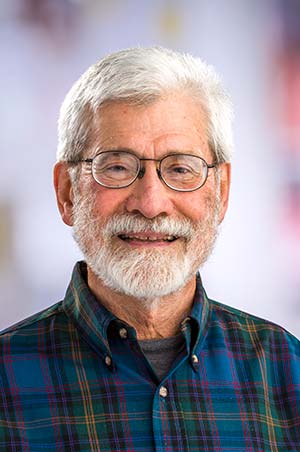Gerald Smith, PhD
Professor
Basic Sciences Division, Fred Hutch
Dr. Gerald “Gerry” Smith studies recombination, a process cells use to increase genetic diversity by swapping, or recombining, segments of DNA from the two copies of each chromosome we inherited from our parents. When this process goes wrong, it can lead to miscarriage, developmental disorders or cancer. Dr. Smith studies the molecules involved in this critical process, including those that help repair the DNA breaks that occur as chromosomes trade sections. Using yeast as a model system, he has identified and outlined the roles of many proteins that regulate this process, most of which have human counterparts. Dr. Smith has long studied the major mechanism by which bacteria repair breaks in their DNA that naturally occur during processes such as chromosome replication. This essential mechanism employs a complex enzyme called RecBCD that both unwinds DNA from a broken end and cuts it at special sites known as "hotspots" of recombination. His team has found inhibitors of RecBCD, which could be useful novel antibiotics because bacterial DNA is often broken when bacteria infect human cells. He hopes that a deeper understanding of these fundamental processes will help provide insights and compounds that can be used to improve human health.
Other Appointments & Affiliations
Affiliate Professor, Genome Sciences and Pathology, University of Washington School of MedicineAffiliate Professor, Genome Sciences and Pathology
University of Washington School of Medicine
Education
PhD, Biology, Massachusetts Institute of Technology, 1970
BS, Microbiology, Cornell University, 1966
Research Interests
Recombination and DNA Break Repair: Mechanism and Control
Meiotic Recombination in S. pombe
DNA Break Repair in E. coli
Current Projects
Meiotic recombination in the fission yeast Schizosaccharomyces pombe
The major (RecBCD) pathway of recombination in the bacterium Escherichia coli
